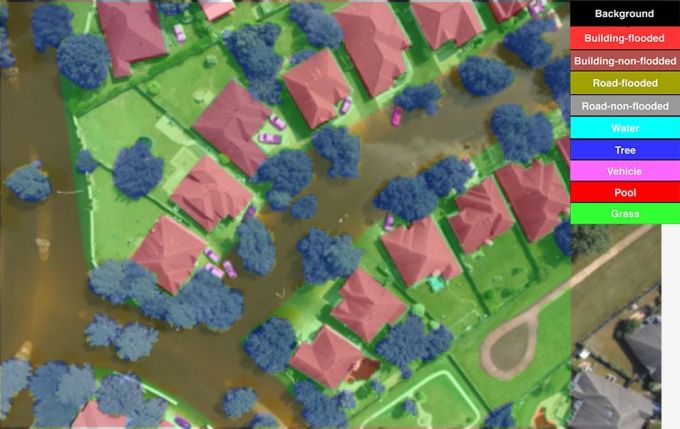Business
V7 Labs raises $3M to help AI teams ‘automate’ training data workflows

V7 Labs, the makers of a computer vision platform that helps AI teams “automate” and future-proof their training data workflows as advances in AI continue, has picked up $3 million in funding. Leading the seed round is Amadeus Capital Partners, with participation from Partech, Nathan Benaich’s Air Street Capital and Miele Venture.
Founded in 2018 by Singularity University alumnus Alberto Rizzoli and former R&D lead at RSI, Simon Edwardsson (the same team behind “seeing” app Aipoly), the V7 Labs platform promises to accelerate the creation of high-quality training data by 10-100x. It does this by giving users the ability to build automated image and video data pipelines, organize and version complex data sets, and train and deploy “state-of-the-art” vision AI models.
“For companies to build computer vision solutions that deliver business value, they must continuously collect, label and retrain their models,” explains V7 Labs’ Rizzoli. “When we built Aipoly in 2015, we needed to build and maintain our own tools, whilst keeping up with the rapid state of the art of AI, because no third-party SaaS products were available”.
Fast-forward to today and Rizzoli says that many of the best computer vision companies are now turning to SaaS platforms like V7 to solve this problem. “There’s a lot to think of when building an AI startup, and ‘how can we efficiently store and query 100 different video data sets’ is something you only think of when you’re mid-flight in trying to deliver your service.
“V7 codifies industry best-practices for organizing data, labelling and launching computer vision models for real-world problems”.

Image Credits: V7 Labs
The browser and cloud-based platform claims the ability to quickly upload and render large image/video data sets “without lag,” and enable labelling to be automated (to varying degrees) without the need for prior training data. V7 has also been designed to make it possible to keep track of a very large number of labels per image/video, supporting thousands of annotations per image and millions of images per data set. Crucially, Rizzoli tells me it is possible to train, deploy and run computer vision models within the platform “in a few clicks without having to worry about DevOps”.
“Customers will soon be able to audit those models — and their corresponding training sets — to debug, test data quality, discover failure cases and eliminate any unwanted bias,” he adds, noting that these are all huge unsolved pain-points in the AI industry.
To that end, V7 Labs’ existing 100 or so customers include Tractable, GE Healthcare and Merck. It is growing fastest within medical imaging, in part because it offers support for DICOM annotation and HIPAA compliance, both must-haves in healthcare.
However, measured by the quantity of data processed on the platform, Rizzoli tells me that routine “expert inspections” are the most popular tasks. “These include dozens of companies using AI to look for damage or anomalies in cars, oil rigs, power lines, pipelines or roads,” he says.
-

 Entertainment6 days ago
Entertainment6 days agoEarth’s mini moon could be a chunk of the big moon, scientists say
-

 Entertainment6 days ago
Entertainment6 days agoThe space station is leaking. Why it hasn’t imperiled the mission.
-

 Entertainment5 days ago
Entertainment5 days ago‘Dune: Prophecy’ review: The Bene Gesserit shine in this sci-fi showstopper
-

 Entertainment5 days ago
Entertainment5 days agoBlack Friday 2024: The greatest early deals in Australia – live now
-

 Entertainment4 days ago
Entertainment4 days agoHow to watch ‘Smile 2’ at home: When is it streaming?
-

 Entertainment3 days ago
Entertainment3 days ago‘Wicked’ review: Ariana Grande and Cynthia Erivo aspire to movie musical magic
-

 Entertainment2 days ago
Entertainment2 days agoA24 is selling chocolate now. But what would their films actually taste like?
-

 Entertainment3 days ago
Entertainment3 days agoNew teen video-viewing guidelines: What you should know















